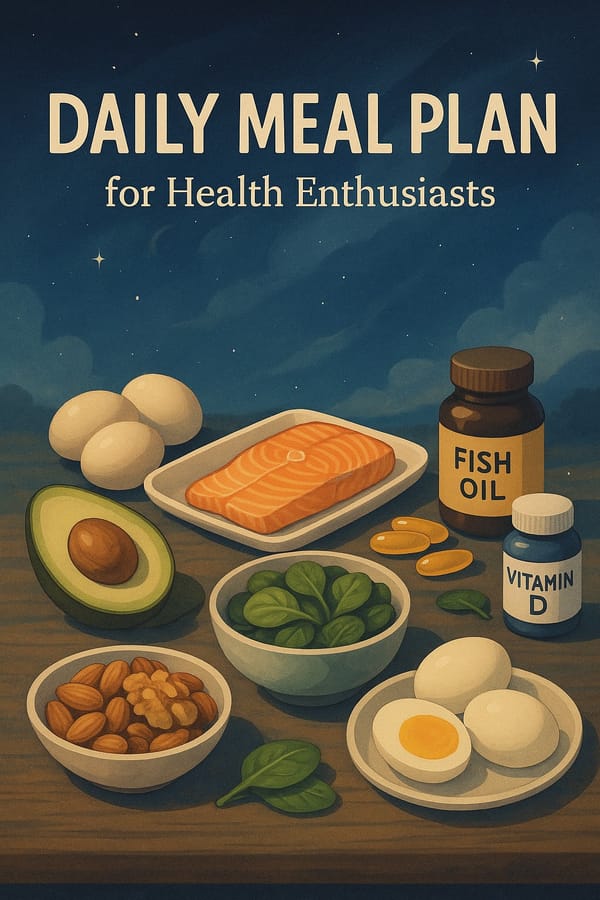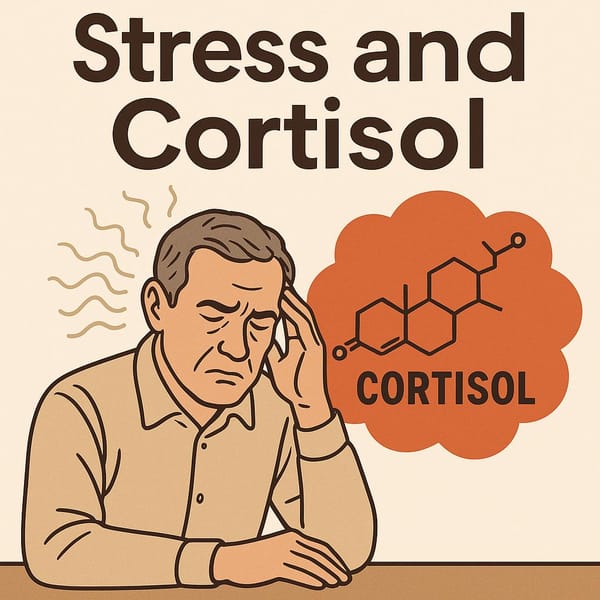Unlocking the Secrets to Longevity: Practical Tips Inspired by Dr. David Sinclair

Dr. David Sinclair, a renowned biologist and professor at Harvard University, has dedicated decades to studying the science of aging and how to slow it down. His work emphasizes practical approaches and groundbreaking insights into extending human lifespan. For ordinary individuals, incorporating these strategies into daily life can lead to remarkable health transformations. Here is a comprehensive guide on how to use science-backed techniques to extend your lifespan and enhance vitality.
Understanding the Science of Aging
Aging is not just about getting older; it is a complex biological process involving cellular damage, reduced energy production, and genetic changes. Dr. Sinclair focuses on specific mechanisms, including:
- Sirtuins: Proteins that regulate cellular health.
- NAD+ (Nicotinamide Adenine Dinucleotide): A molecule vital for energy metabolism and activating sirtuins.
- Epigenetics: How environmental factors influence gene expression.
Targeting these mechanisms may help slow aging and enhance overall health.
Practical Tips for Extending Lifespan
Here are actionable steps you can incorporate into your daily life:
1. Prioritize a Healthy Diet
- Intermittent Fasting: Dr. Sinclair practices time-restricted eating, consuming meals within an 8-10 hour window daily. This activates cellular repair mechanisms and improves metabolic health.
- Plant-Based Focus: Include leafy greens, colorful vegetables, and healthy fats (like olive oil and avocados). Minimize processed foods and sugars.
- Caloric Restriction: Consuming slightly fewer calories while maintaining nutrient density may promote longevity.
2. Optimize Exercise Routine
- High-Intensity Interval Training (HIIT): Short bursts of intense exercise improve mitochondrial health and boost NAD+ levels.
- Strength Training: Maintains muscle mass and bone density, both of which decline with age.
- Daily Movement: Incorporate walking, stretching, and standing throughout the day to counteract sedentary habits.
3. Leverage Supplements and Vitamins
Dr. Sinclair advocates specific supplements to enhance cellular health. Here are his top recommendations:
- NAD+ Precursors: Such as NMN (Nicotinamide Mononucleotide) or NR (Nicotinamide Riboside) to replenish NAD+ levels.
- Resveratrol: A compound found in red wine that activates sirtuins. Take it with fat for better absorption.
- Vitamin D3 and K2: These work synergistically to improve calcium metabolism, bone health, and cardiovascular health.
- Metformin: Though a prescription medication, it is being studied for its potential anti-aging benefits. Always consult a doctor before considering this.
- CoQ10: Enhances mitochondrial function and energy production.
- Omega-3 Fatty Acids: Found in fish oil or algae supplements, these reduce inflammation and support brain health.
4. Harness Environmental Stressors
- Cold Exposure: Regular use of ice baths or cold showers may activate longevity pathways.
- Heat Exposure: Saunas promote detoxification and stress adaptation.
- Hormesis: Introducing manageable stress, like fasting or intense exercise, builds cellular resilience.
5. Adopt a Proactive Mindset
- Sleep Quality: Prioritize 7-8 hours of restful sleep. Avoid screens before bed, and maintain a consistent sleep schedule.
- Stress Management: Practice mindfulness, meditation, or yoga to reduce chronic stress.
- Social Connections: Strong relationships and community engagement are linked to longer lifespans.
Lifestyle Tweaks for Everyday Longevity
- Hydration: Drink plenty of water and limit alcohol consumption.
- Avoid Smoking: Cigarettes accelerate aging through oxidative damage.
- Sun Protection: Use sunscreen and avoid excessive UV exposure.
How to Get Started
- Set Small Goals: Begin with manageable changes, like incorporating a daily 10-minute walk or adding more greens to your meals.
- Track Progress: Use wearable devices or apps to monitor sleep, steps, and heart rate variability.
- Educate Yourself: Read Dr. Sinclair’s book, Lifespan: Why We Age and Why We Don’t Have To, for deeper insights.
A Brighter, Longer Future
Dr. Sinclair’s work reminds us that aging isn’t inevitable—it’s a process we can influence. By adopting these practices and staying consistent, you can optimize your health and potentially add vibrant years to your life.
What steps will you take today to live a longer, healthier life? Share your journey in the comments!



